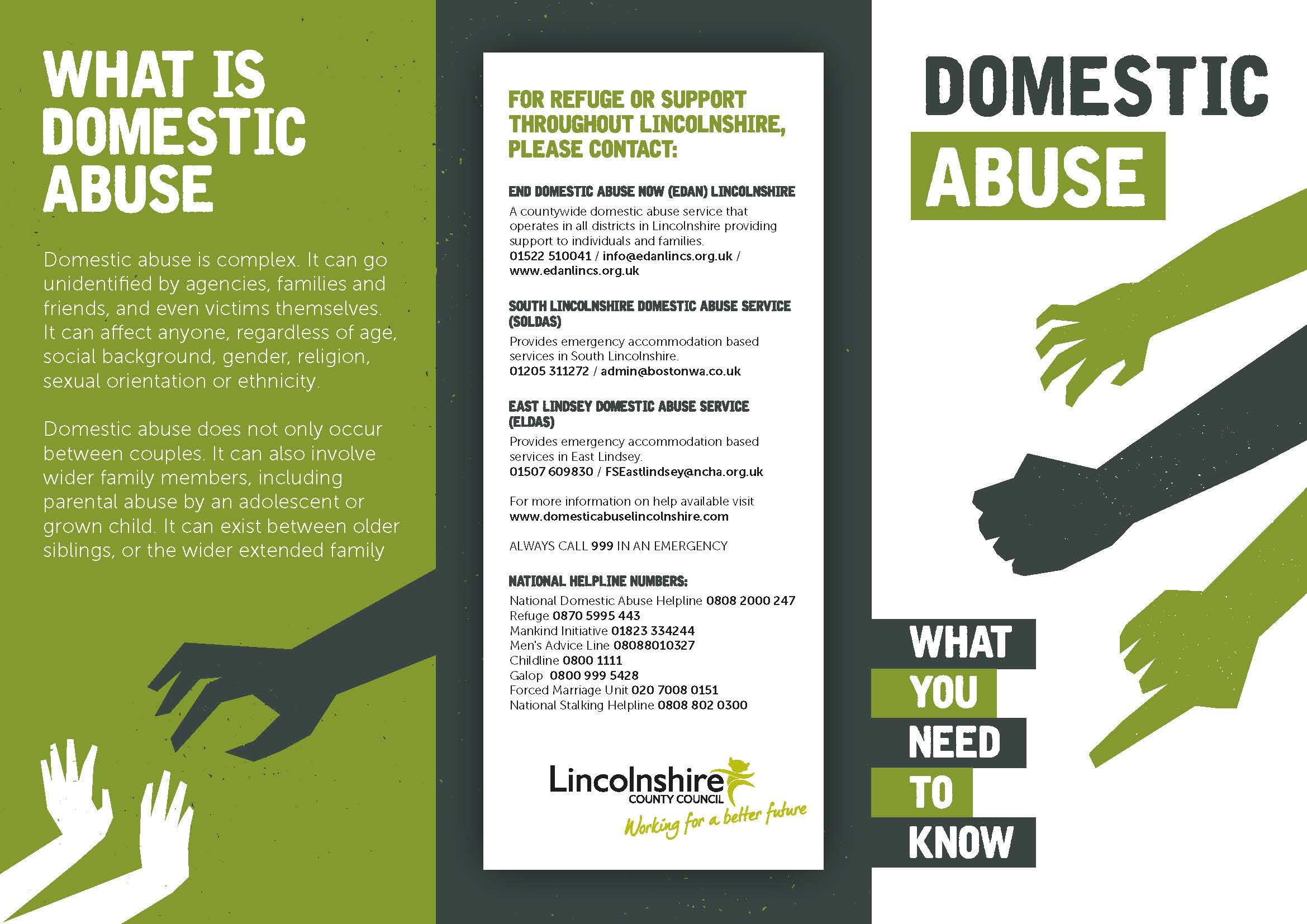Understanding Domestic Battery

Domestic battery is a serious crime that involves the intentional use of force against a family or household member. It is a form of intimate partner violence that can have devastating consequences for victims, both physically and emotionally. This section will provide a comprehensive overview of domestic battery, including its legal implications, types, examples, and legal consequences.
Defining Domestic Battery and Its Legal Implications
Domestic battery is defined as the unlawful application of force against a family or household member, resulting in physical harm or the threat of harm. The legal definition of domestic battery varies from state to state, but it generally encompasses any act that causes physical injury, pain, or emotional distress.
- Physical Battery: This type of domestic battery involves direct physical contact, such as hitting, kicking, punching, or choking. It can also include any act that causes physical pain or injury, even if it doesn’t leave visible marks.
- Emotional Abuse: This form of domestic battery involves verbal, nonverbal, or emotional actions that cause fear, intimidation, or distress. Examples include threats, insults, name-calling, and public humiliation.
- Psychological Abuse: This type of domestic battery involves behaviors that aim to control, manipulate, or isolate the victim. It can include gaslighting, isolation from friends and family, and constant monitoring of the victim’s activities.
Common Scenarios Constituting Domestic Battery
Domestic battery can occur in various situations, including:
- Physical Altercations: Any physical assault, including hitting, slapping, punching, kicking, or shoving, constitutes domestic battery.
- Threats of Violence: Making threats of violence, even if no physical harm occurs, can be considered domestic battery. This includes verbal threats, gestures, or displaying weapons.
- Harassment and Stalking: Repeated unwanted contact, such as phone calls, text messages, or emails, can constitute domestic battery if it causes fear or intimidation.
- Property Damage: Destroying or damaging the victim’s property, such as their belongings or their home, can be considered domestic battery if it is done to intimidate or harm the victim.
Legal Consequences of Domestic Battery
Domestic battery is a serious crime with significant legal consequences, including:
- Criminal Charges: Domestic battery is typically classified as a misdemeanor or felony offense, depending on the severity of the violence and the offender’s criminal history. Convictions can result in fines, imprisonment, and a criminal record.
- Restraining Orders: Victims of domestic battery can seek restraining orders, also known as protective orders, to protect themselves from further harm. Restraining orders can restrict the abuser’s contact with the victim, their children, and their home.
- Civil Lawsuits: Victims of domestic battery can file civil lawsuits against their abusers for damages, including medical expenses, lost wages, and emotional distress.
Impact of Domestic Battery

Domestic battery, a form of intimate partner violence, leaves lasting scars on individuals, families, and communities. The physical, emotional, and psychological wounds inflicted by this abuse can have devastating short-term and long-term consequences.
Impact on Victims
The impact of domestic battery on victims can be profound and far-reaching. Physical injuries are a common consequence, ranging from minor bruises and cuts to severe fractures and internal bleeding. In severe cases, domestic battery can result in permanent disabilities or even death.
Beyond physical injuries, victims often experience significant emotional trauma. The constant fear, anxiety, and insecurity associated with domestic battery can lead to post-traumatic stress disorder (PTSD), depression, and other mental health issues. Victims may struggle with trust, self-esteem, and their ability to form healthy relationships.
Impact on Children
Children who witness or experience domestic battery are particularly vulnerable to its harmful effects. Exposure to violence can lead to emotional and behavioral problems, including aggression, anxiety, and depression. Children may also develop unhealthy coping mechanisms, such as substance abuse or self-harm. Furthermore, witnessing domestic violence can have a negative impact on their development, affecting their ability to form healthy relationships and navigate their own emotions.
Social and Economic Consequences
Domestic battery has significant social and economic consequences. It contributes to a cycle of violence, impacting future generations and perpetuating a culture of abuse. It also places a heavy burden on the healthcare system, as victims require medical treatment for their injuries. Furthermore, domestic battery can have a negative impact on the economy, as victims may lose their jobs due to injuries or time spent seeking help.
Resources for Victims
There are numerous resources available to help victims of domestic battery.
| Resource | Description |
|---|---|
| Shelters | Provide safe and temporary housing for victims of domestic violence. |
| Hotlines | Offer confidential support, advice, and referrals to victims and their families. |
| Legal Aid Organizations | Provide legal assistance and representation to victims, including help with restraining orders and divorce proceedings. |
Prevention and Intervention

Preventing domestic battery and intervening effectively are crucial to breaking the cycle of violence and ensuring the safety and well-being of victims. This section will explore various strategies aimed at preventing domestic battery and providing support to victims.
Public Awareness Campaigns and Education Programs
Raising public awareness about domestic battery is essential to changing societal attitudes and promoting early intervention. Public awareness campaigns can effectively educate the public about the signs of domestic violence, the legal consequences of abuse, and the available resources for victims. These campaigns can utilize various mediums, including television, radio, social media, and community events, to reach a wide audience.
Education programs targeting young people are particularly important in preventing future generations from perpetrating or experiencing domestic violence. These programs can be implemented in schools, community centers, and youth organizations, focusing on healthy relationships, conflict resolution skills, and gender equality.
Community Support Services
Community support services play a vital role in providing victims of domestic battery with a safe haven and the resources they need to rebuild their lives. These services can include:
- Shelters: Shelters offer temporary housing and support services to victims of domestic violence, providing a safe space to escape abuse and develop a safety plan.
- Counseling and Therapy: Counseling and therapy services provide victims with emotional support, help them process trauma, and develop coping mechanisms to deal with the aftermath of abuse.
- Legal Aid: Legal aid organizations provide victims with legal assistance, including obtaining restraining orders, filing for divorce, and navigating the legal system.
- Support Groups: Support groups allow victims to connect with others who have experienced similar situations, providing a sense of community and shared understanding.
Intervention Programs
Intervention programs are designed to address domestic violence and provide support to victims and perpetrators. Some successful intervention programs include:
- Batterer Intervention Programs (BIPs): BIPs are court-ordered programs that aim to address the underlying causes of abusive behavior in perpetrators. These programs typically involve group therapy, individual counseling, and anger management training.
- Domestic Violence Courts: Specialized domestic violence courts handle cases involving domestic battery, providing victims with dedicated support services and expediting legal proceedings.
- Family Violence Prevention Programs: These programs focus on preventing domestic violence by promoting healthy relationships and conflict resolution skills within families.
Role of Law Enforcement, Social Workers, and Mental Health Professionals
Law enforcement, social workers, and mental health professionals play critical roles in responding to domestic battery incidents and supporting victims.
- Law Enforcement: Law enforcement officers are responsible for investigating domestic battery incidents, arresting perpetrators, and ensuring the safety of victims. They should be trained to recognize the signs of domestic violence, de-escalate situations, and provide victims with information about available resources.
- Social Workers: Social workers provide victims with case management, crisis intervention, and referrals to other support services. They also work with perpetrators to address their abusive behavior and connect them with appropriate resources.
- Mental Health Professionals: Mental health professionals provide victims with therapy and counseling to address the trauma of abuse. They also work with perpetrators to understand the underlying causes of their abusive behavior and develop strategies for change.
Legal Protections for Victims
Victims of domestic battery have access to various legal protections to ensure their safety and hold perpetrators accountable for their actions.
| Legal Protection | Description |
|---|---|
| Restraining Orders | Court orders that prohibit an abuser from contacting or coming near the victim. |
| Protective Custody | Temporary placement of a victim in a safe location, such as a shelter, to protect them from further abuse. |
| Criminal Charges | Perpetrators of domestic battery can face criminal charges, including assault, battery, and even murder. |
| Civil Lawsuits | Victims can file civil lawsuits against abusers to seek financial compensation for damages caused by the abuse. |
Domestic battery is a serious issue, often a stepping stone to something much worse. It’s about control and power, and can escalate quickly into domestic violence. If you’re experiencing domestic battery, you’re not alone, and there’s help available.
Remember, it’s never your fault, and it’s important to seek support and break the cycle.
Domestic battery is a serious issue, and it’s important to remember that everyone deserves to feel safe in their own home. It’s crazy how people can turn on each other, and it’s something that shouldn’t be taken lightly. You can read more about how fans reacted to Skai Jackson’s experiences on Reddit here , which gives a glimpse into how the public perceives these issues.
If you or someone you know is experiencing domestic abuse, please reach out for help. There are resources available to support you.